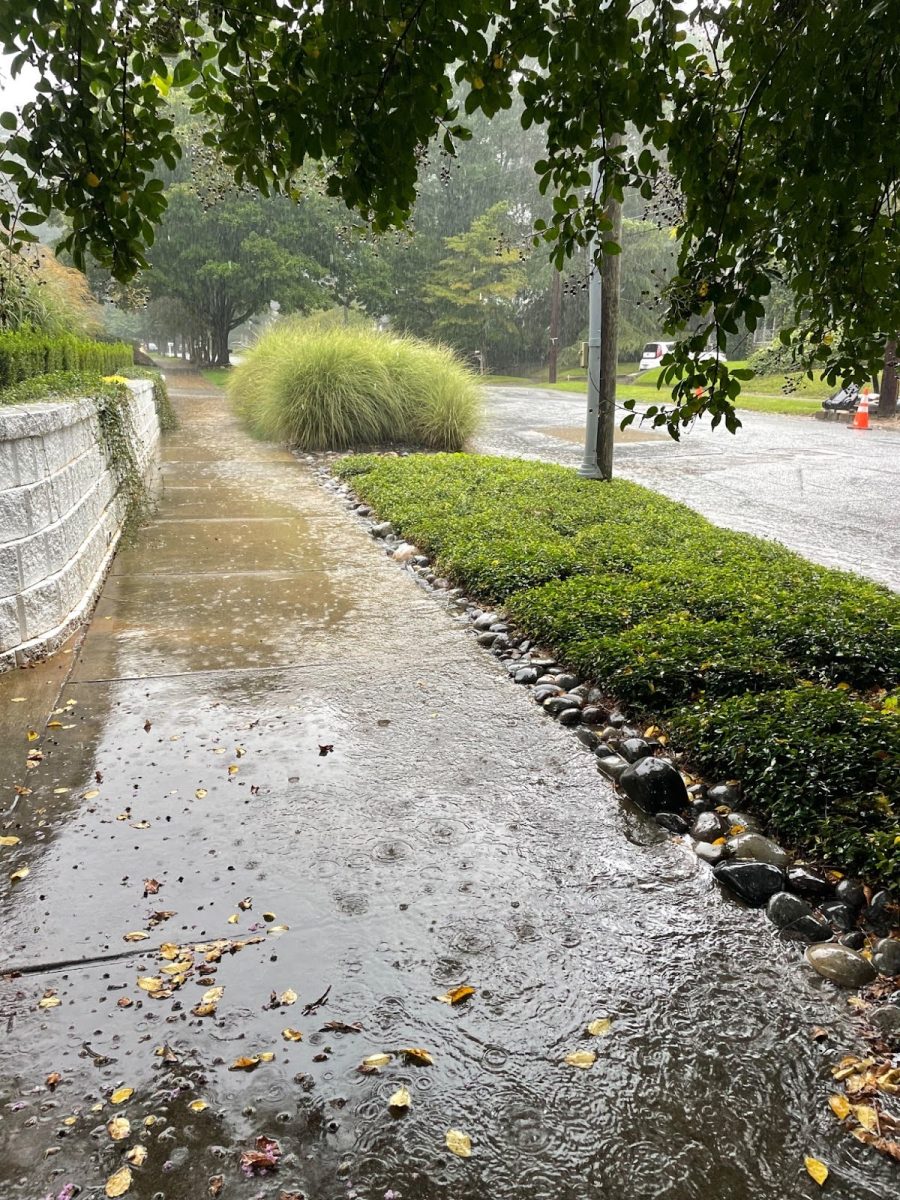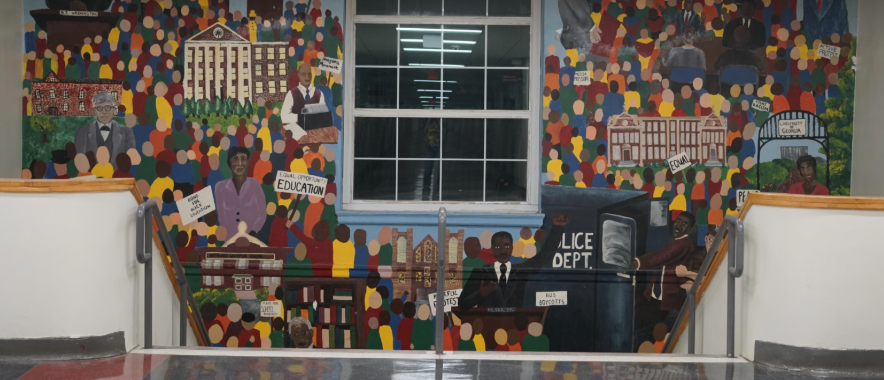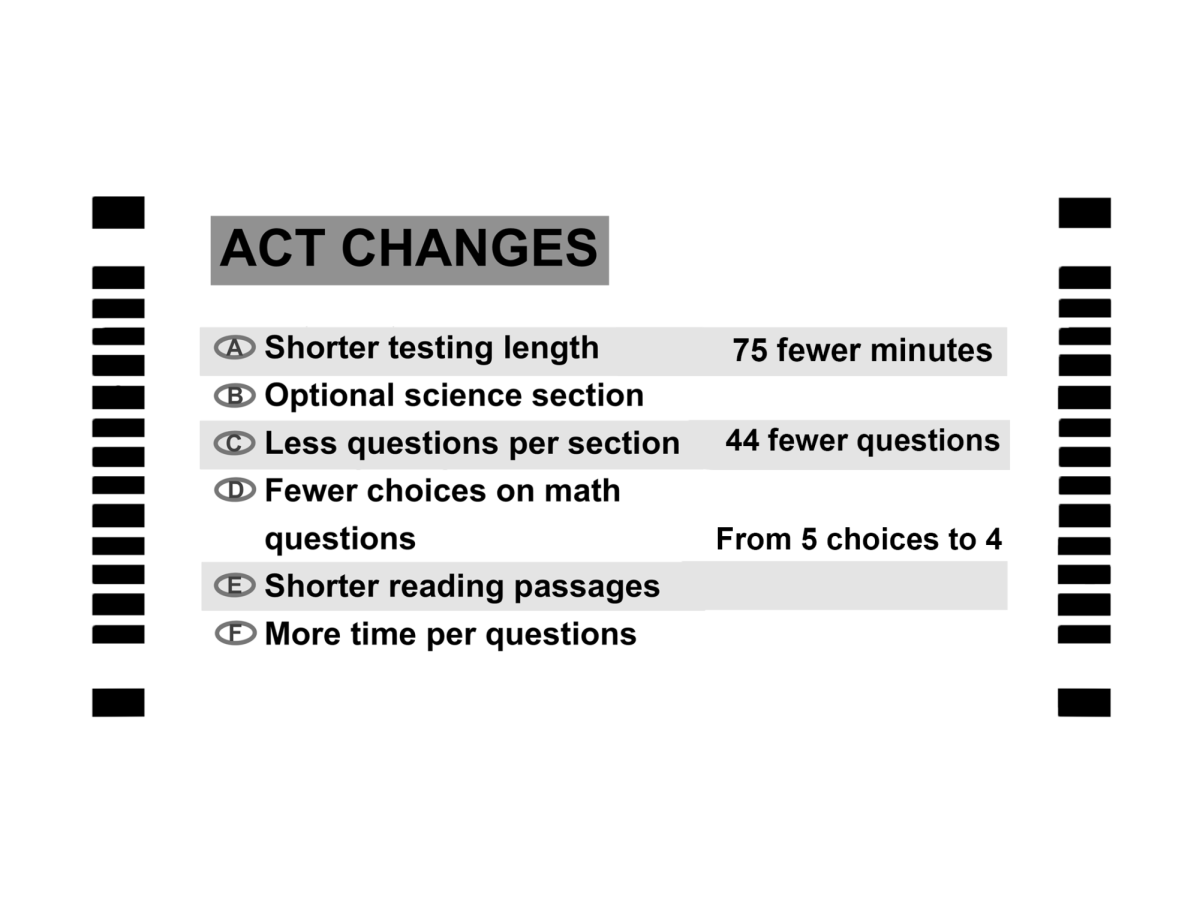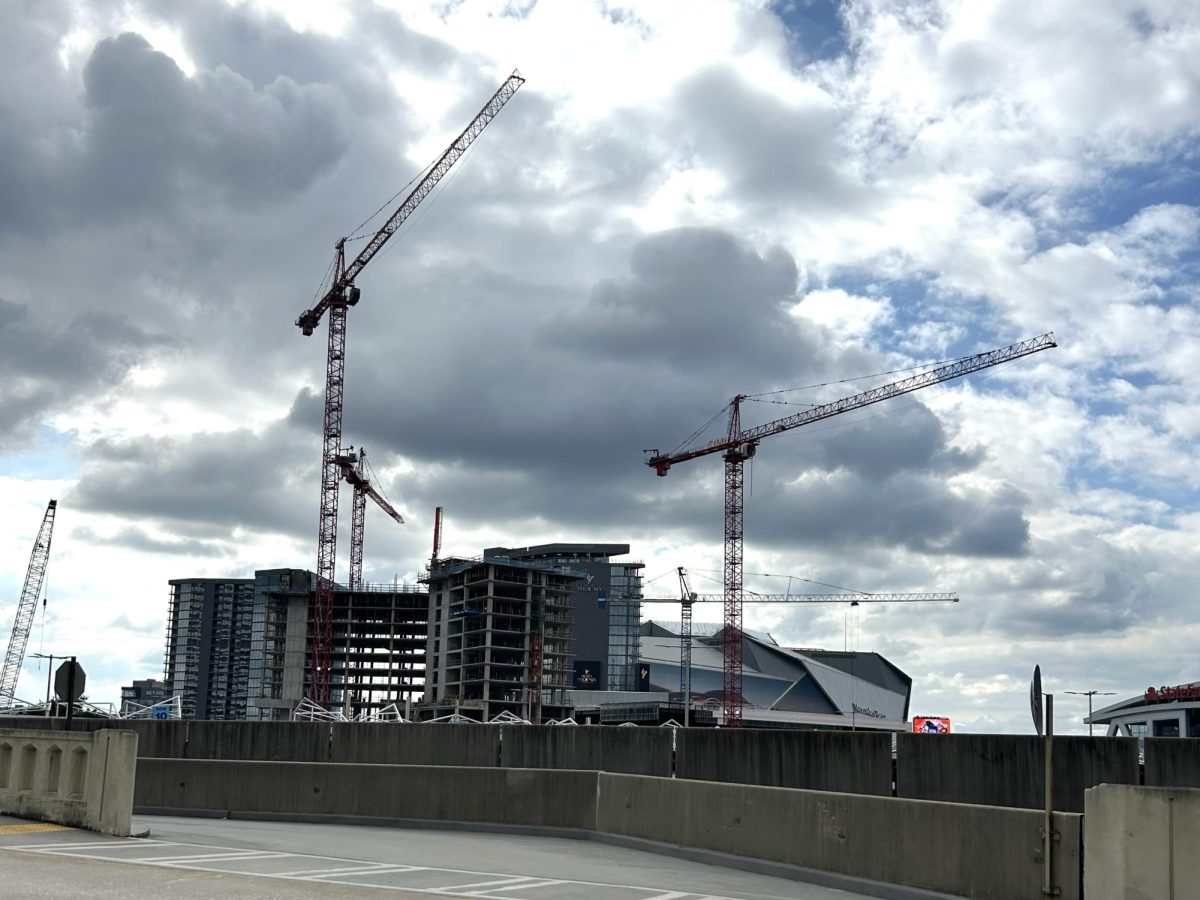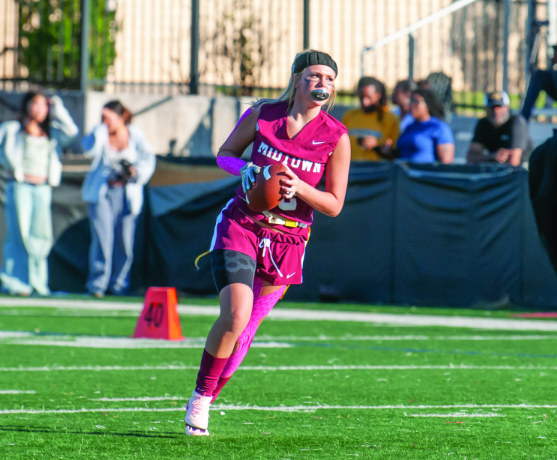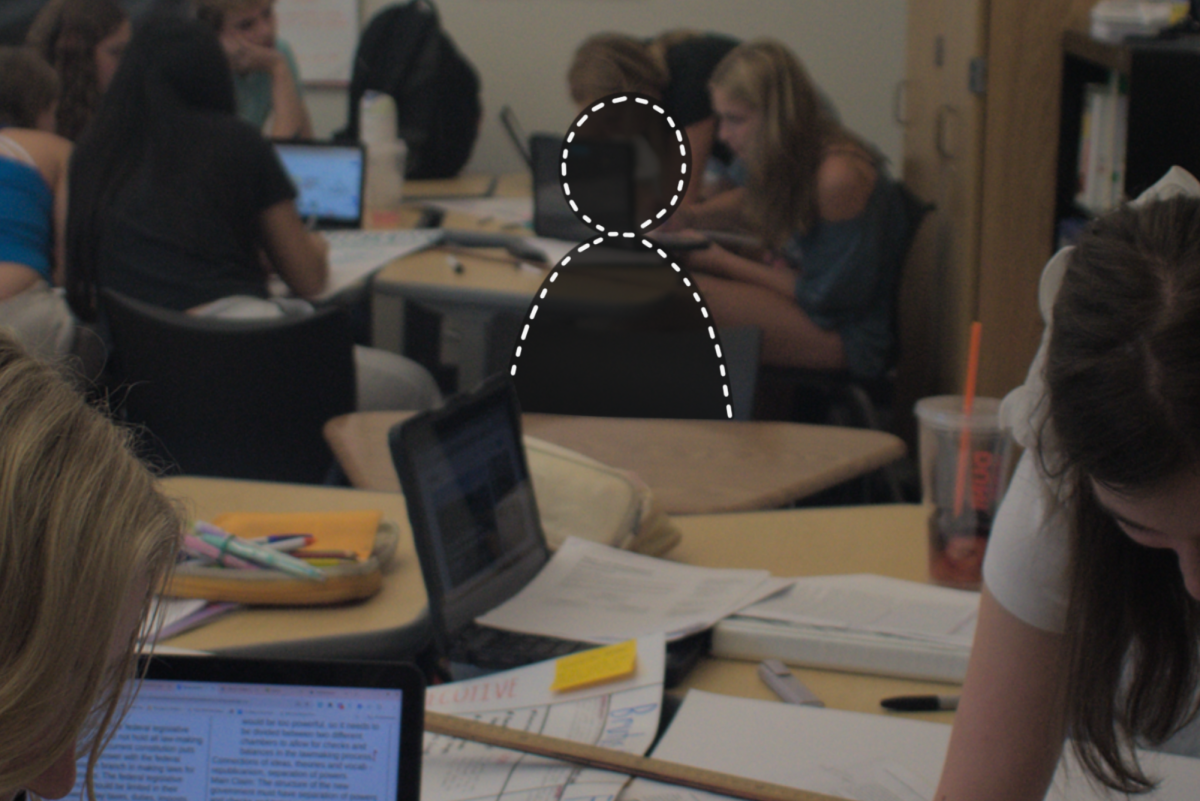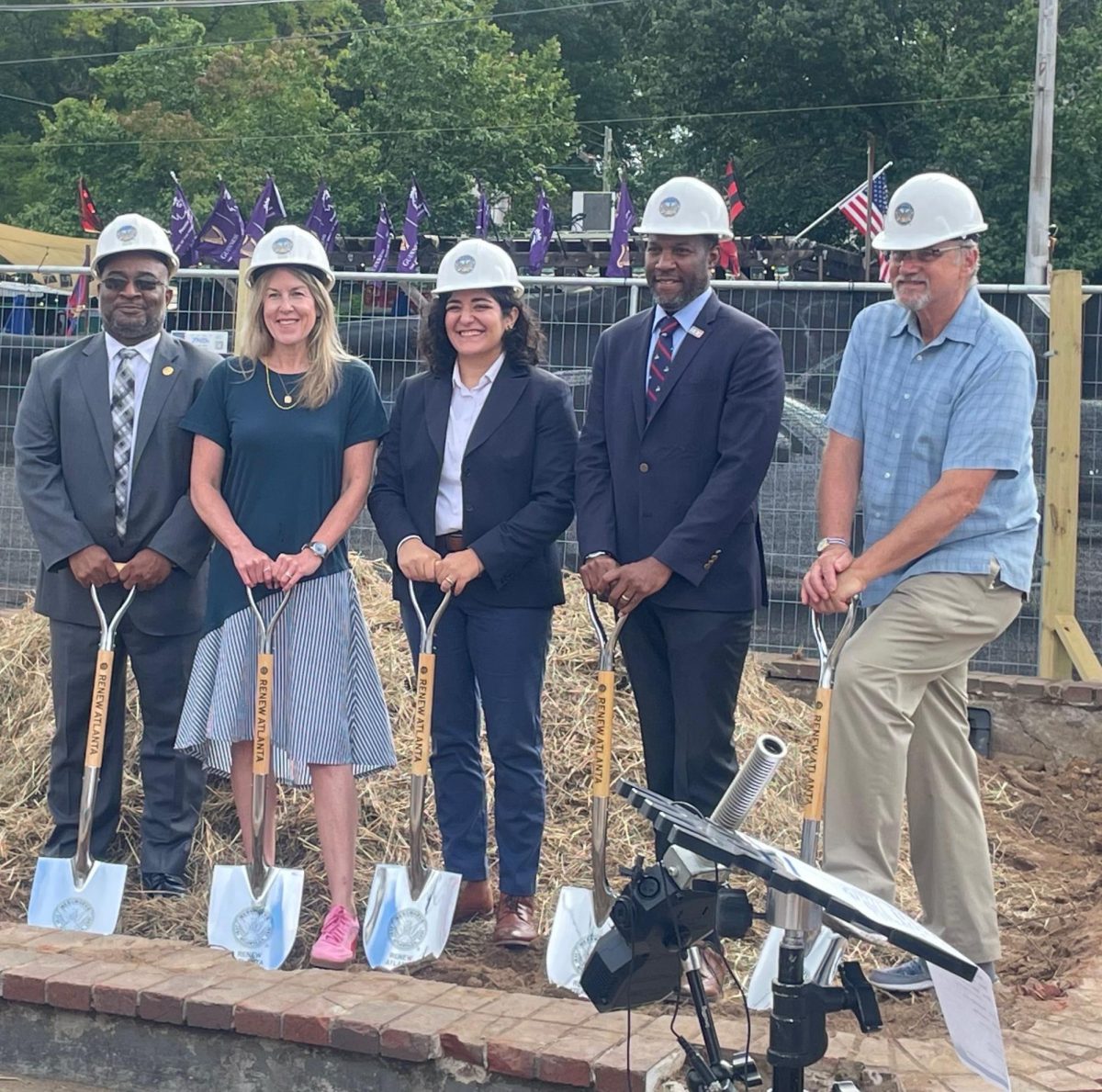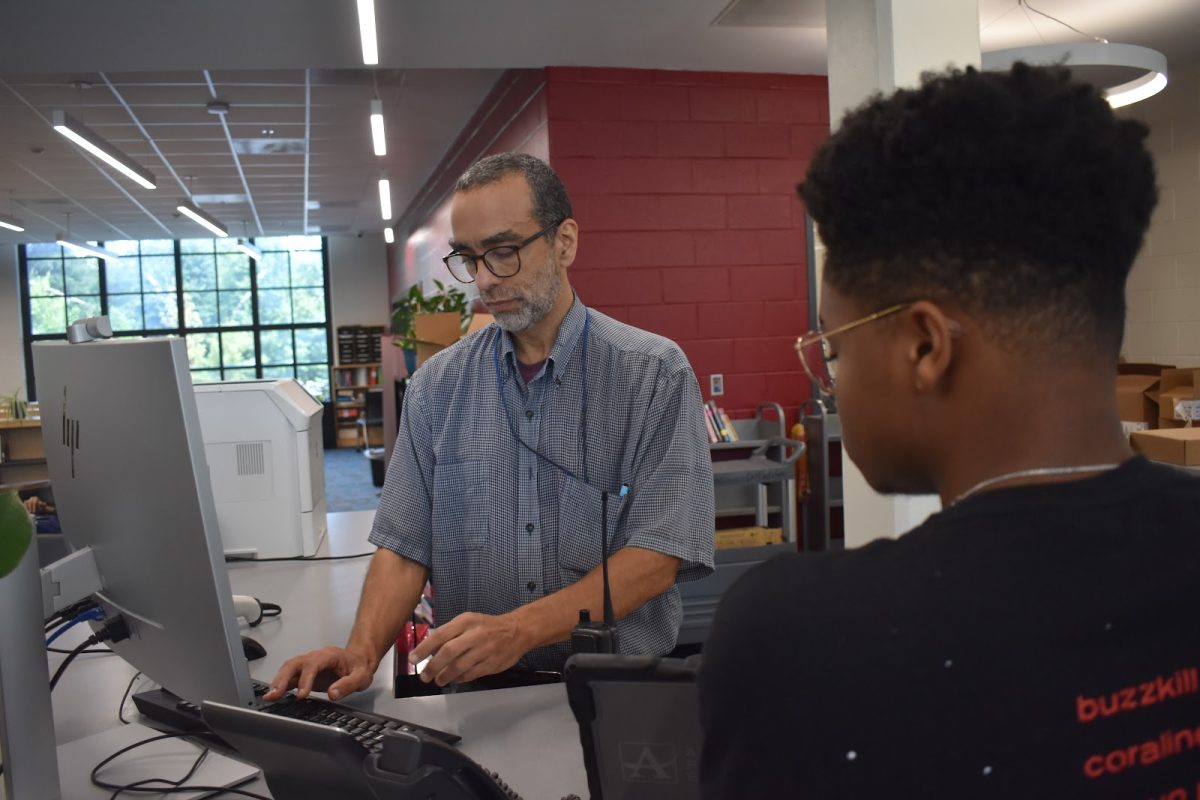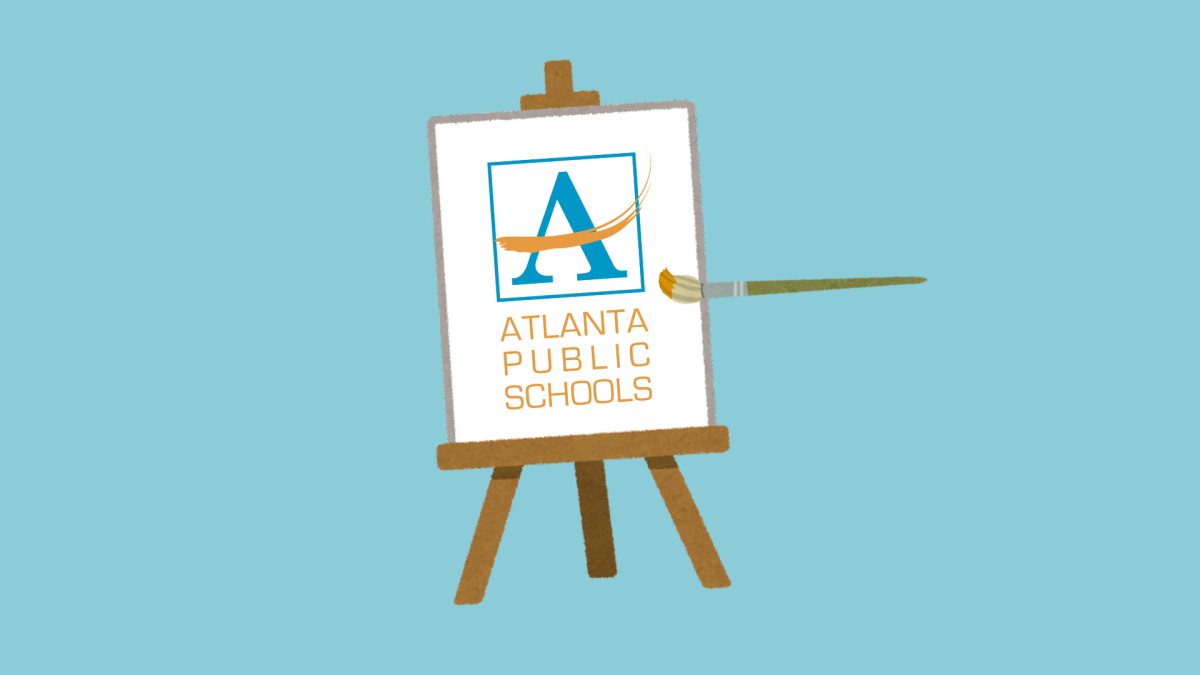Floods are becoming more frequent and intense across Georgia, swamping neighborhoods as climate change causes heavier rainfall in shorter time periods.
Sophomore Harper Garret said she has not been able to spend as much time outside as usual because of the increased rainfall.
“I am a big walker,” Garret said. “In the mornings, noon or evenings. The rainfall has affected me a lot with being able to walk. I don’t see much flooding in Candler Park, but I do get alerts every once in a while. This year, it seems a lot heavier and climate change is affecting our rainfall.”
The current climate has also affected athletic teams. Inter Atlanta FC Director John Downey said practices and games that take place on the fields are unplayable when there is heavy rainfall. Additionally, rain damage costs the club thousands of dollars, and they put even more towards equipment to prevent future damage.
“We turfed Arizona Fields so we could play in the rain, but the lightning will cancel us,” Downey said. “Glenwood and other grass properties are unable to turf the field, which may affect our club for the future. The rain causes clubs to cancel practices for the kids’ safety, but also so the grass doesn’t get ruined when it is later dried. Climate change is affecting outdoor sports and will probably continue.”
From Jan. 1 to July 17 of this year, the National Weather Service reported 3,170 flash floods nationwide and over 1,000 more than during the same period of 2024. Climate change causes more frequent and intense precipitation events; even Savannah recorded their highest numbers of flash floods since the 1980s. The increased rainfall is concerning Atlanta residents such as Downey.
“I have worked at Inter Atlanta Soccer Club for more than a decade and I can tell the rain has picked up,” Downey said. “At Inter, we work on making the fields safe for players. When the fields are unplayable, we have to cancel our games. This affects our players’ schedules and causes us to reschedule around everything else.”
Chattanooga witnessed river overflows and drain stoppage, causing local and state emergencies in Hamilton County.
“The main road to get to my club soccer was closed and practice was cancelled,” Chattanooga community member and McCallie School Boarder, Carson Stoltz said. “I got at least five flash flood warnings from the State Emergencies, and I even received one on Tiktok from a local viral post. There was not a lot of thunder, but the rain would stop and go, and then pour down for hours at a time. The rain was very inconsistent, but it still created damage.“
As the rain carried on, it caused infrastructure damage. Leaks in McCallie School’s library damaged the books, leaving the students without books for the first day of school.
“The rain was coming down hard the first day of school,” Stoltz said. “I remember walking out of physics, and it was pouring down rain. We didn’t get books this day because of the leaks in the library. This is probably the worst rain I have seen in years, and maybe even my whole life.”
The recent rainfall has affected agricultural farming and even home-based gardens. According to UGA Cooperative Extension, too much rain for a plant to get can cause weak plant growth and slow harvesting. This sets back the producers on growing crops that they use to sell or eat themselves. In big cities, people will have home-based gardens in their front and backyards. Shifting rainfall patterns caused by climate change has delayed the production of both commercial farms and home gardens.
“I just hope the weather evens out soon,” Midtown parent Saffron Bedwell said. “I remember getting home after a big storm and a lot of my mulch from the front yard carried out to the street. We may have to reconsider how we grow our gardens in the city.”

